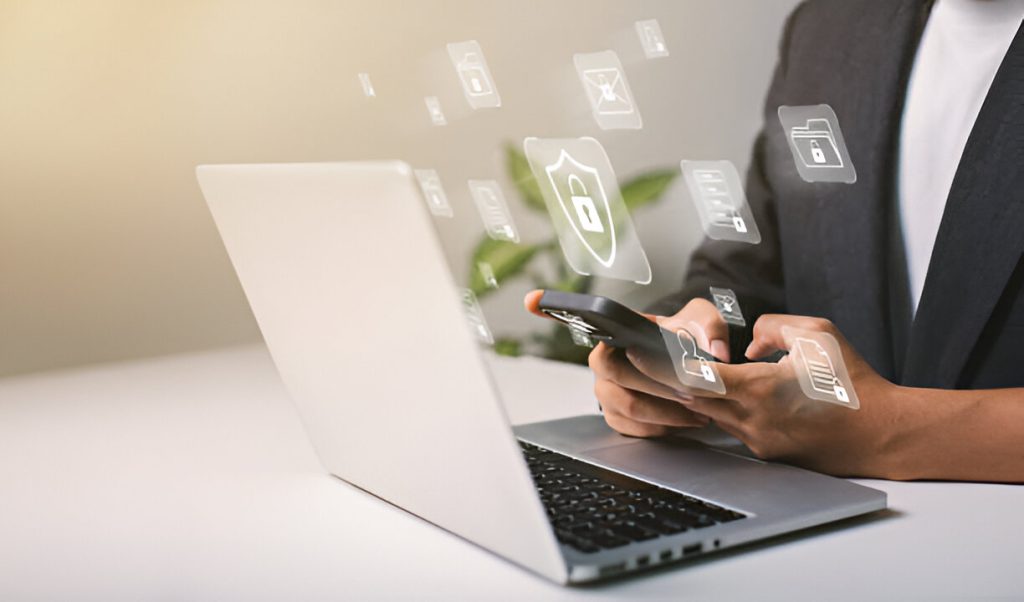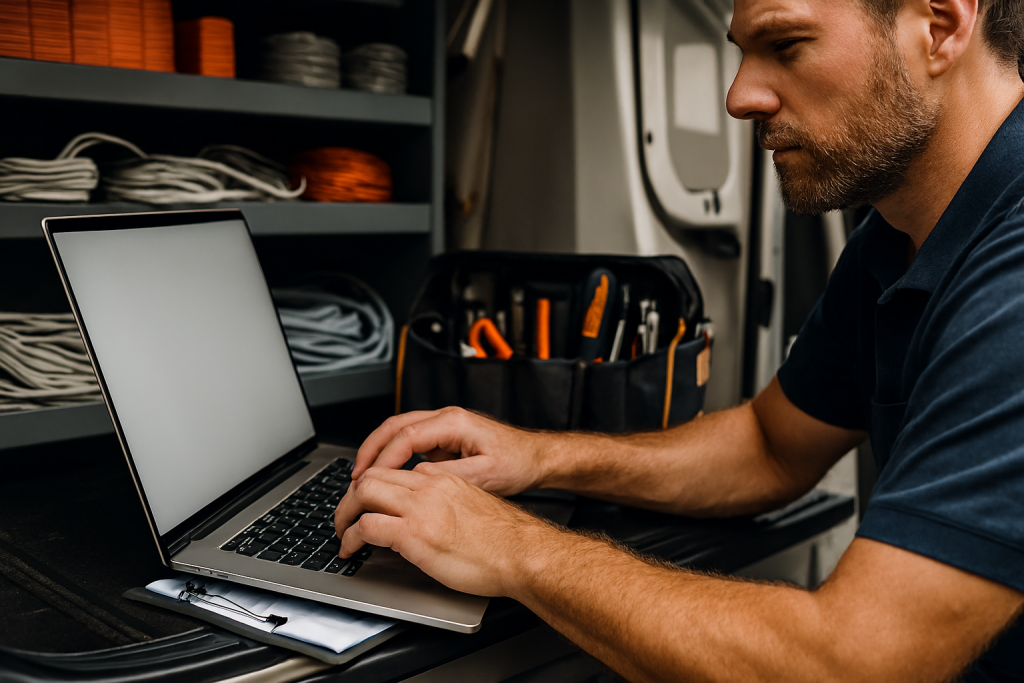When it comes to traveling nowadays many people think that just like it used to be the only thing you need to worry about is to secure your bags and make sure that nobody steals your passport. The reality though is that there is something even more important and easier to steal from you that you’re carrying right in your pocket. We are of course talking about your data. Whether you’re using a phone on a public Wi-Fi or bringing your laptop abroad the reality is that no matter where you connect your devices you are at risk of seeing your data stolen. This is why if you are one of those technological travelers you need to make sure that you are aware of how to secure your data. So, let’s take a look at the basics of digital security when abroad.
Avoid USB Ports
This might seem very strange to many people, but the reality is that no matter where you are in public, plugging your phone into a USB port to charge it is a very risky operation. Whether you use an airport USB port or one available in a restaurant or reality, you might be at risk of seeing your data stolen. The way this is done usually is by people replacing the USB port with a cloner. Cloners or cloning devices are USB ports comporting a very small computer that can copy all of the data available on your device onto a small drive. In some cases, more advanced ones are even able to transfer your data automatically to our server setup to compile all of this information. Usually, the thieves do this in an oak to get bank information and credit card information to be able to pull out money or potentially blackmail people. This is why when charging your phone, you should always use your charger plugged into an outlet.
The Dangers of Public Wi-Fi
When we talk about digital security abroad one of the most important things is to make sure that you are using secure Wi-Fi to protect your data. Usually, when you use a Wi-Fi service that is protected by a password you should assume that it is generally safe even in a hotel. The reality though is that free Wi-Fi that is not protected by at least a WPA2 key is at risk of being jacked by people using listening devices. When we talk about listening devices, we are talking about programs more than physical devices. The idea here is to be able to copy the packets your online news sends and receives so that they can copy important data to access your banking information or other vital information. To avoid this generally, you should use a VPN.
VPNs or Virtual Private Network
Virtual private network services essentially allow you to browse the Internet without the oversight of your Internet service provider or anyone who could be hijacking your connection to see what you are doing. Companies like Techrux do VPNs with the added benefit that they do UK IPTV subscriptions. This means that not only do you benefit from the services of a virtual private network, but you can also access any TV channel you like abroad while avoiding the restrictions from the current country in which you find yourself. This can be pretty difficult if you want to keep up with the news at home. These services allow you to not only browse streaming services safely but also have access to more media on streaming platforms.
As you can see when it comes to protecting your data abroad there are many things you can do to make yourself not as vulnerable and avoid most of the potential dangers you will encounter as a regular citizen. The reality is that you will most likely never be the target of a true hacking attack which means that you simply need to protect yourself from passive threats when it comes to data robbery. As more and more people become accustomed to using their devices more and more important information will become digitized or realities that there will be a more important need for digital security especially when traveling abroad. This is why you shouldn’t wait to take your security into your own hands.








